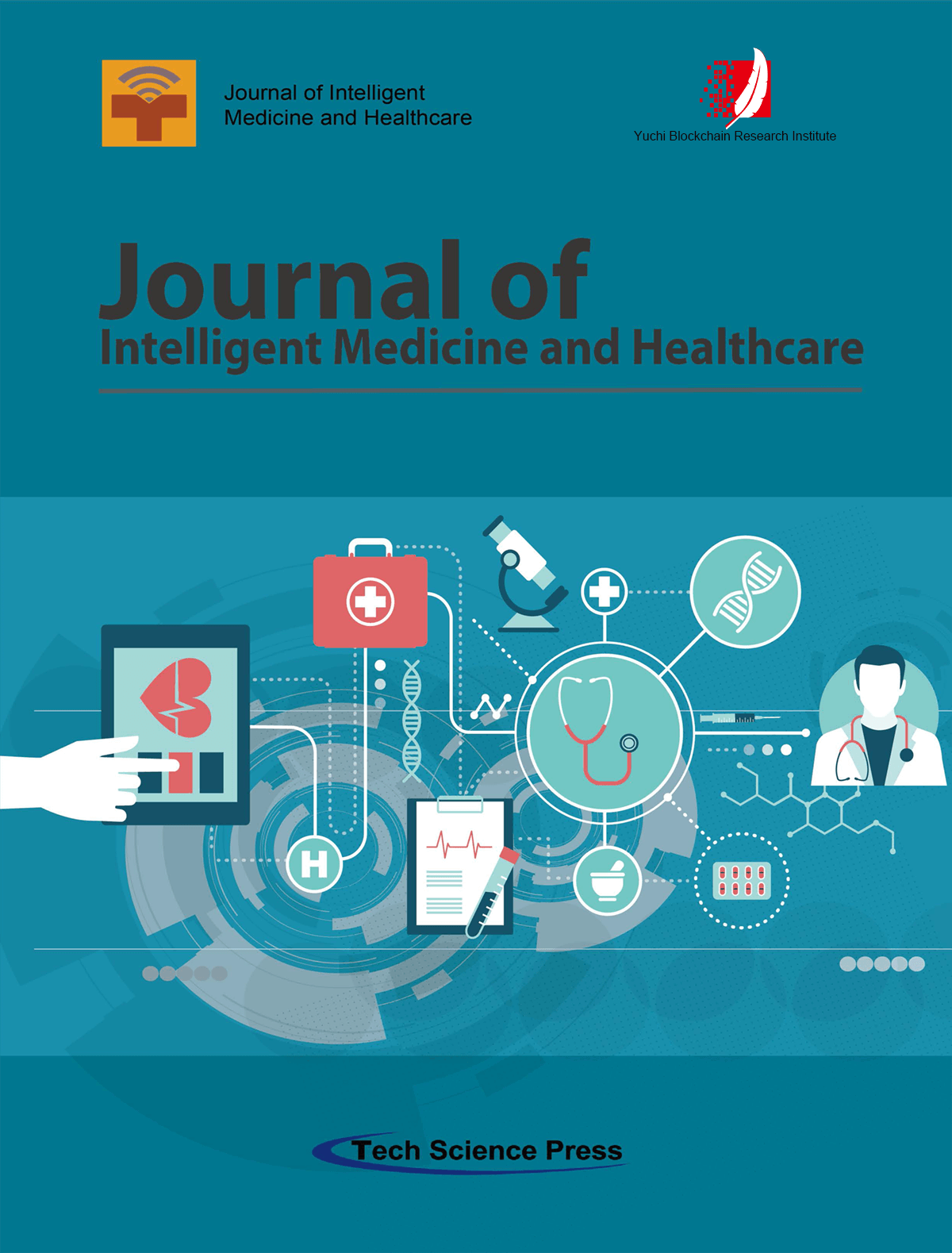
Innovation and rapid technological development in intelligent medicine and healthcare impacts profoundly on many aspects of people’s life. It is believed that developing advanced intelligent algorithms and systems has the potential to save medical resources, reduce administrative costs and burdens, improve integration between medical worker and care providers, reduce medical errors, and improve medical and healthcare quality and patient outcomes. Along with the world’s population growing and aging, challenges in medicine and healthcare on a global scale are very apparent. The vision of Journal of Intelligent Medicine and Healthcare is to attack these apparent challenges through the design of algorithms, mathematical methods, systems, devices, and policies for medicine and healthcare in an intelligent way.
 Open Access
Open Access
ARTICLE
Journal of Intelligent Medicine and Healthcare, Vol.4, pp. 37-86, 2026, DOI:10.32604/jimh.2026.075201 - 23 January 2026
Abstract Wide QRS Complex Tachycardia (WCT) is a life-threatening cardiac arrhythmia requiring rapid and accurate diagnosis. Traditional manual ECG interpretation is time-consuming and subject to inter-observer variability, while existing AI models often lack the clinical interpretability necessary for trusted deployment in emergency settings. We developed CardioForest, an optimized Random Forest ensemble model, for automated WCT detection from 12-lead ECG signals. The model was trained, tested, and validated using 10-fold cross-validation on 800,000 ten-second-long 12-lead Electrocardiogram (ECG) recordings from the MIMIC-IV dataset (15.46% WCT prevalence), with comparative evaluation against XGBoost, LightGBM, and Gradient Boosting models. Performance was… More >
 Open Access
Open Access
ARTICLE
Journal of Intelligent Medicine and Healthcare, Vol.4, pp. 1-35, 2026, DOI:10.32604/jimh.2026.074347 - 23 January 2026
Abstract Smoking continues to be a major preventable cause of death worldwide, affecting millions through damage to the heart, metabolism, liver, and kidneys. However, current medical screening methods often miss the early warning signs of smoking-related health problems, leading to late-stage diagnoses when treatment options become limited. This study presents a systematic comparative evaluation of machine learning approaches for smoking-related health risk assessment, emphasizing clinical interpretability and practical deployment over algorithmic innovation. We analyzed health screening data from 55,691 individuals, examining various health indicators including body measurements, blood tests, and demographic information. We tested three advanced… More >